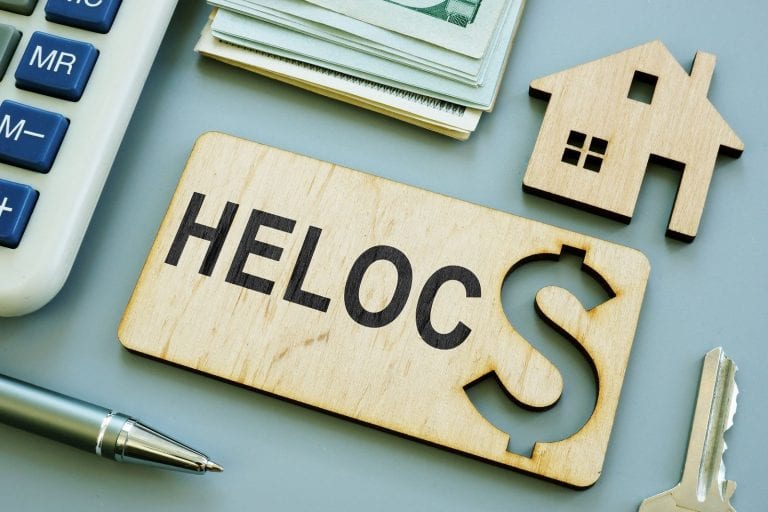Financing a Foreclosed Home: The 5 Best Ways for a Real Estate Investor
Before delving any deeper into foreclosure financing, we must first clear a common misconception. There is a widespread belief that investing in foreclosed homes is a cash-only venture. The reality, however, is quite the opposite. In fact, there are plenty of loan options that are available to real estate investors. The only caveat is that the pre-approval process for these loans is more stringent than a conventional loan for a traditional real estate investment.
Needless to say, sorting out your financing is the first thing you need to do when buying foreclosed homes. As you would expect, this requires exploring all the investment loans that the market has to offer. Here are some of the best ways to finance foreclosures.
Looking for a foreclosed home for sale? Find and analyze foreclosures here.
1- Conventional mortgages
This might seem surprising to you, but financing a foreclosure with a conventional loan is entirely doable. However, it is important to keep in mind that the process of applying for a conventional mortgage is less straightforward when dealing with foreclosed properties. For example, most mortgage providers don’t issue loans for investment properties that require a lot of repairs. Moreover, homeowner insurance is required in order to obtain a loan. The key to financing a foreclosure with a conventional loan is securing early pre-approval. Also, it is highly advisable that you shop around before opting for a particular option.
2- Renovation loans
As you would expect, renovation loans are perfect for financing a foreclosure that needs repairs. In fact, these mortgages cover both the acquisition price and the repair costs in a single loan. Such financing packages are offered by a wide range of institutions including Fannie Mae. Like all foreclosure financing options, renovation loans come with a myriad of requirements. Here is a brief overview of the main ones:
- The borrower should have a high income
- A credit score of at least 620
- The minimum down payment for these types of loans is 5%
- The repairs should be completed within 12 months
3- Home equity lines of credit

Home equity lines of credit are financial instruments that allow you to leverage the existing equity in your home. In some cases, real estate investors can get up to 85% of a property’s value. Unlike other types of loans, HELOC allows you to draw the exact amount of money you need. Furthermore, interest is only paid on the amount that the investor uses. Having said that, financing a foreclosure with a HELOC is not a recommended approach for novice real estate investors. This is due to the fact that their interest rates are substantially higher than most alternatives. On the other hand, experienced investors who understand the ins and outs of foreclosure investing can leverage the instantaneous nature of HELOCs to their advantage. The immediate cash that these loans provide can be extremely valuable when financing short-term projects that are based on solid plans.
Related: Can I Get a HELOC on Investment Property? How?
4- Hard money loans
Hard money loans should be seriously considered when you are trying to determine how to get financing for a foreclosure. You can obtain these loans for a variety of real estate investments and their terms vary from one lender to the other. Since hard money loans are not issued by institutional lending companies, the approval process is very lax and the requirements are quite flexible. Moreover, processing times are fairly fast relative to other loans. However, it is important to keep in mind that most hard money lenders require a significant down payment. Certain loan providers impose down payment requirements as high as 35%. Naturally, hard money loans are not the ideal option if you are looking to buy a foreclosure with no money.
Related: Hard Money Loans for Real Estate Property: The Pros and Cons
5- Private financing
Much like hard money loans, private financing is another option that comes with a lot of flexibility. In simple terms, this is an umbrella term that covers any loan issued by an entity that does not typically provide mortgages. This includes everything from friends and family members to business partners and associates. Financing a foreclosure with private money from a trusted source can be an effective way to generate good returns.
Related: The Guide to Using Private Money Lenders for Real Estate
Extra Tips to Keep in Mind When Financing a Foreclosure
Like anything in real estate, ensuring that the process of financing a foreclosure goes smoothly requires abiding by certain best practices. Here are a few examples of what you can do to increase your chances of obtaining the ideal financing:
- Work with an experienced real estate agent that can walk you through the loan application process.
- Make sure to ask local banks about their requirements for foreclosure homes before committing to any bid.
- If you are planning on financing a foreclosure with a private loan, it is highly advisable that you stick to lenders within your real estate network.
The Bottom Line
Financing a foreclosure has its challenges. After all, distressed properties are not exactly ideal assets from the lender’s point of view. Having said that, obtaining a loan for a foreclosed home becomes a more accessible proposition once you explore all the options that are available to you. So if you are ready to get started with foreclosure investing, head over to the Mashvisor Property Marketplace to find foreclosures and hundreds of other off market deals!
To learn about your options for signing up for our services, click here.